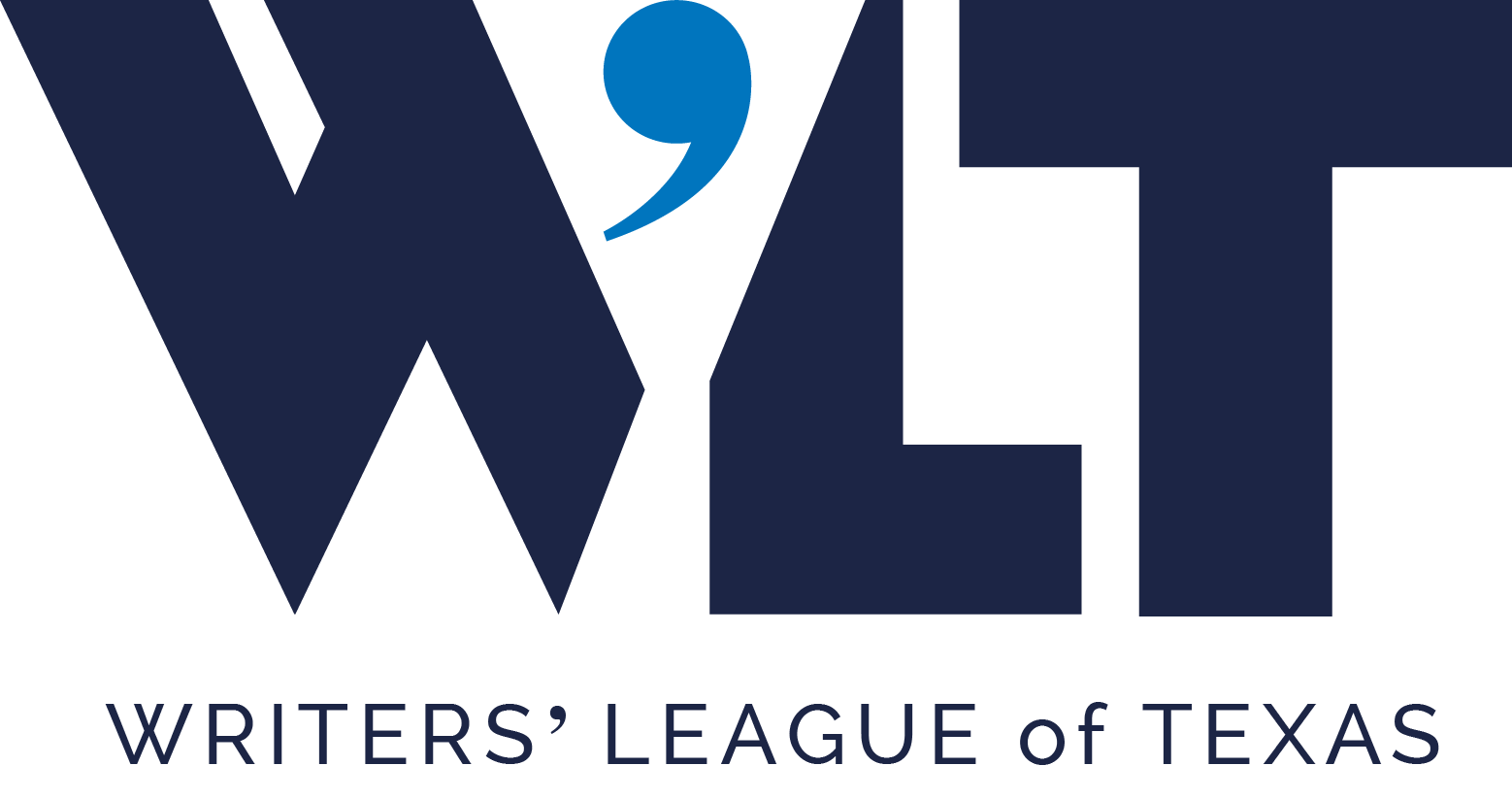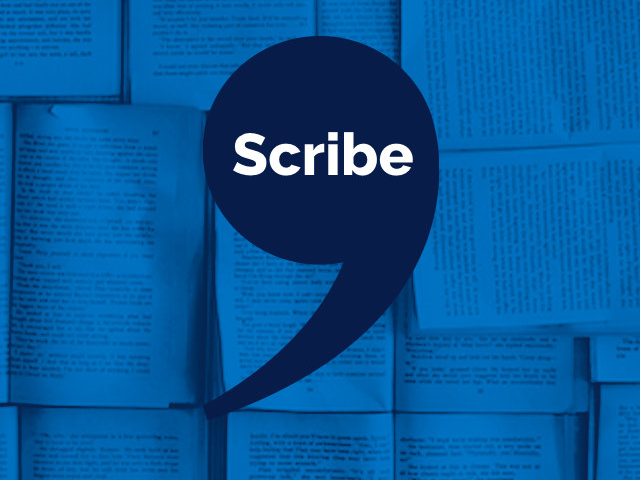“Prose writers can struggle with being succinct, effective use of imagery, and with the rhythm of sentences. Studying poetry can help us enliven and streamline our material.”
-Charlotte Gullick
Charlotte Gullick is teaching a class for the Writers’ League of Texas called “Better Prose Through Poetry: Using Rhythm, Repetition and Other Poetic Tools in Your Writing” on January 21 at St. Edward’s University in Austin, TX. From novice to rising novelist, to seasoned, successful writers and screenwriters, this class will provide a broad spectrum of perspectives on poetry’s richness as foundation, catalyst and lively companion. Read the interview below and visit the class page to learn more.
 Scribe: What does it mean to use poetic devices in prose? Most novelists or memoir writers might probably resist using alliteration because it might sound too poetic. But is it?
Scribe: What does it mean to use poetic devices in prose? Most novelists or memoir writers might probably resist using alliteration because it might sound too poetic. But is it?
Charlotte Gullick: I am defining poetic in the broadest senses such as precise and extended use of metaphor and/or symbol; strategic use of sentence length so that the prose has a compelling and varied rhythm; use of white space; use of slant rhyme, and the occasional and effective alliteration.
Scribe: What are a few problems in prose that reading and thinking about poetry can address?
CG: I think prose writers can struggle with being succinct, effective use of imagery, and with the rhythm of sentences. Studying poetry can help us enliven and streamline our material.
Scribe: Is the strategy of reading poetry to inspire prose only applicable to certain kinds of prose writers? What if someone doesn’t have a lyric voice in their work?
CG: I think writers in genre, of any style, can benefit from studying poetry as a means to improve their prose. One key aspect to this is finding YOUR kind of poetry–in other words, not every poem is for every prose writer. Once a prose writer has found his/her style of poetry, then the poems can spark deep insights.
Scribe: What is a poem that you return to often? How has it inspired your own writing?
CG: There are three: Mary Oliver’s “White Owl Flies Into and Out of the Field,”Patricia Smith’s “Skinhead,” and Sherman Alexie’s “The Summer of the Black Widows.”
All three pieces are very intense in their unique ways – and all three offer, for me, a perspective shift. Of course, they have the expected poetic devices that I admire and learn from, and on a larger scale, they give me ideas about how to see the world differently.
Scribe: Who is a novelist or memoir writer whose prose you admire for its poetic qualities?
CG: I love how Justin Torres uses repetition and white space in We the Animals; I also love Lia Purpura’s essays for the ways she weaves rhythm and image. Natalie Diaz’s essays knock my socks off with their precision, rhyme, and honed voice.
—
Thanks, Charlotte!
Click here to register for Charlotte’s class.
Click here for our current class schedule.
About the Instructor
Charlotte Gullick is a novelist, essayist, editor, educator and Chair of the Creative Writing Department at Austin Community College. A first-generation college graduate, she received her AA with High Honors from Santa Rosa Junior College, a BA with Honors in Literature/Creative Writing from the University of California, Santa Cruz, and a MA in English/Creative Writing from the University of California, Davis. She began a MFA in Creative Nonfiction at the Institute of American Indian Arts in July 2014.
Charlotte’s first novel, By Way of Water, was chosen by Jayne Anne Phillips as the Grand Prize winner of the Santa Fe Writers Project Literary Awards Program, and a special author’s edition was reissued by the Santa Fe Writers Project in November of 2013. Charlotte’s other awards include a Christopher Isherwood Fellowship for Fiction, a Colorado Council on the Arts Fellowship for Poetry, a MacDowell Colony Residency, Faculty of Year from College of the Redwoods as well as the Evergreen State College 2012 Teacher Excellence Award.









